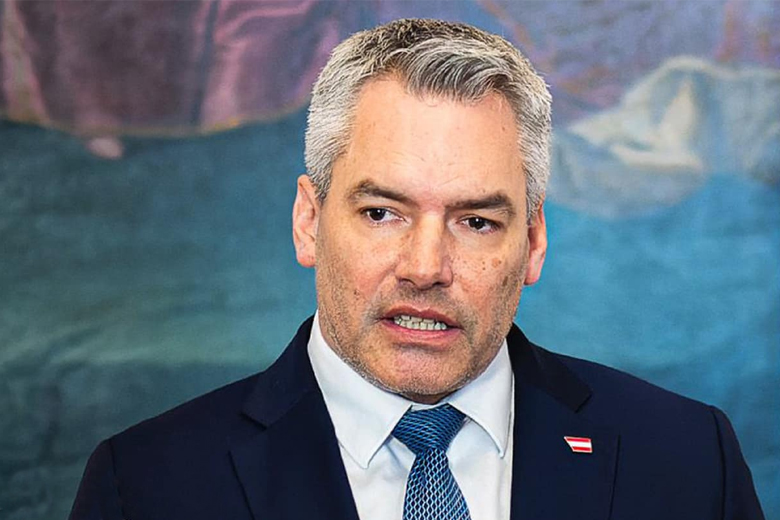Austrian Chancellor Proposes Constitutional Safeguard for Cash Usage

Austrian Chancellor Karl Nehammer has proposed incorporating the right to use cash in the country's constitution, as cash continues to remain a popular method of payment. According to the Associated Press, the Chancellor's office stated that this initiative aims to provide "constitutional protection of cash as a means of payment," ensuring that people will still have the option to use cash and establishing a "basic supply" of cash in cooperation with the Austrian central bank.
Nehammer emphasized that there is growing concern among people regarding the potential restriction of cash as a payment method in Austria, stating that "Austrian citizens have the right to use cash." He further asserted, "Everyone should have the freedom to decide how and with what means they want to pay. It can be a card, a transfer, perhaps in the future a digital euro, but also cash. This freedom of choice should and will remain."
This move to protect cash from potential threats comes as a response to demands from the far-right opposition Freedom Party, which has been leading in polls in Austria in the months leading up to the scheduled 2024 elections.
Chancellor Nehammer disclosed that he has instructed Finance Minister Magnus Brunner to work on this proposal and plans to hold a roundtable discussion in September with relevant ministries, representatives from the financial industry, and the central bank to deliberate on this initiative.
While card and electronic payment methods are becoming increasingly prevalent in many European countries, Austria and its neighboring country Germany have remained relatively attached to cash. The government notes that in Austria, a country with a population of approximately 9.1 million, around €47 billion ($51 billion) is withdrawn from ATMs annually.
It's worth noting that the European Central Bank is currently developing a digital version of the euro. ECB President Christine Lagarde has mentioned that this move is in response to the pressure from new technologies that could change the way money is used over the next few decades. The central bank's digital currency is intended to be a secure and stable means of payment, in contrast to the volatile cryptocurrencies, the decline in prices of which over the past year, and the collapse of exchanges like FTX, have spurred calls for regulation in this field.